
TAGTIK NEWS - TO THE POINT
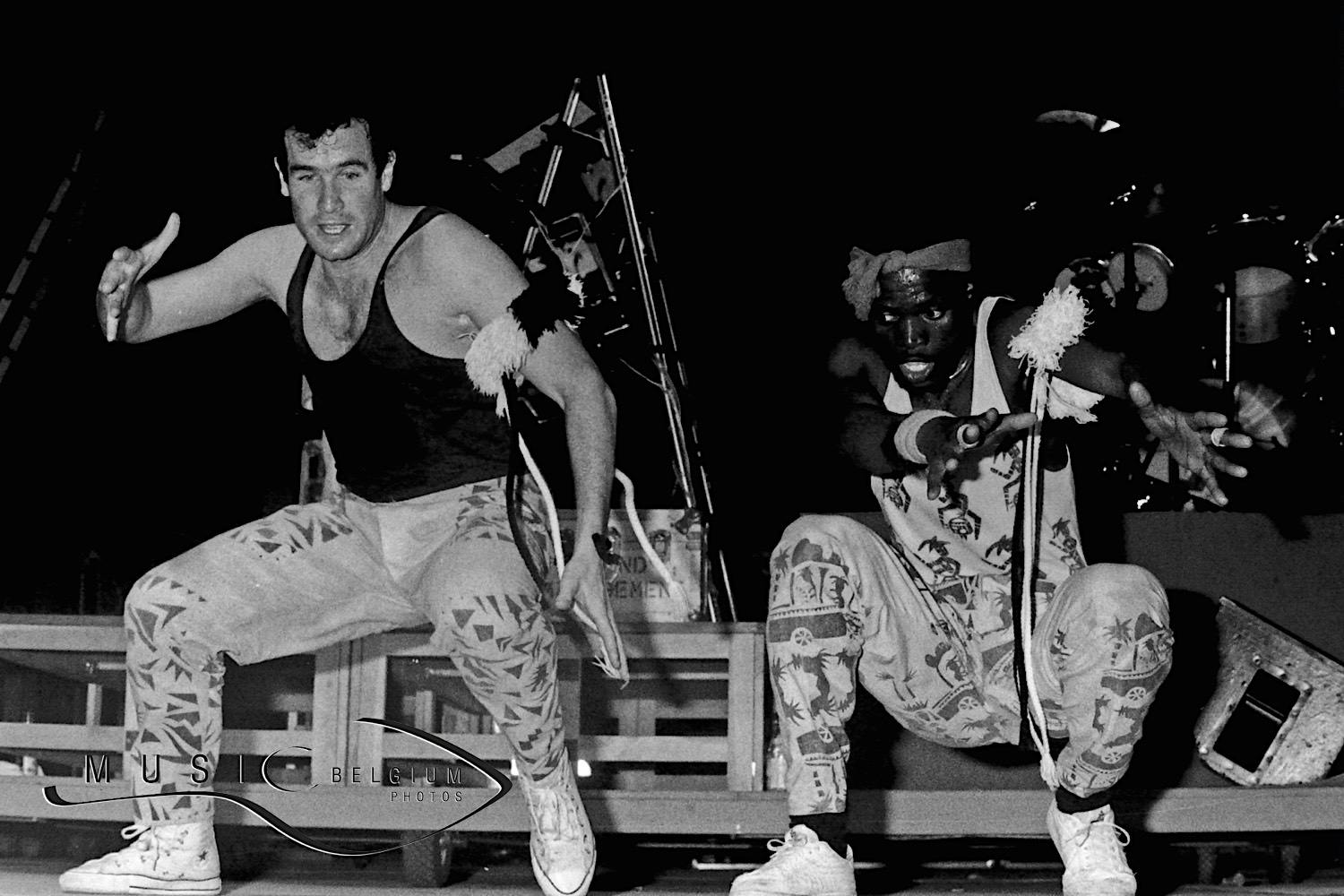
An all-out champion of cultural mixing and a herald for anti-apartheid, yet Johnny Clegg was born in England in 1953. Nevertheless, he was of South African nationality and thus at the forefront in defending the rights of his black compatriots.
Singer, dancer, and even an anthropology graduate, Johnny Clegg was truly one of a kind! Born near Manchester in England, he spent his childhood in Zimbabwe with his mother’s family. Afterwards, he emigrated with her to South Africa at the age of six. Through his music—a blend of Western and African styles—as well as his unwavering stance against apartheid, as heard on his album "Cruel Crazy Beautiful World" (1989), he called for equality, which at that time was still a distant dream. The "White Zulu," as he was quickly nicknamed, commanded respect—even from his fiercest critics. He learned Ndebele (dialect of this minority ethnic group in Nelson Mandela’s homeland) before even mumbling anything in English, encouraged by his father—a white South African journalist supportive of black leaders—and his mother—a cabaret singer who later became a manager for CBS Records in South Africa. He developed an interest early on in the many facets of music from his adopted country.
At fourteen, he began to learn the guitar and met a Zulu musician, a jack-of-all-trades who played on the streets between deep cleans of flats. His name was Mntonganazo Mzila. Thanks to him, Johnny Clegg learned the basics of Zulu music and of the Inhlangwini dance. Arrested more than once by the South African police for illegally entering black ghettos, Clegg spent long nights at the station wondering about a regime that prevented whites from mixing with blacks. By playing music himself on the streets, he struck up a friendship with Sipho McHunu, a Zulu migrant worker with whom he would later collaborate for years.
He eventually graduated in social anthropology, but soon gave up his lectures at the University of Natal and, in 1982, committed himself fully to music. With Juluka, his first band, he recorded no fewer than seven albums, which sold not only in black communities but also among progressive white audiences. It was from this period (1982) that the song emerged which would become his first international success with Savuka a few years later. The group's appearances in the UK, however, generated much controversy. The British Musicians’ Union, citing a freeze on commercial and cultural relations with South Africa, at first refused the group the permits needed to play in England, only to later reverse its decision. For similar reasons, he nearly missed the Concert for Mandela at Wembley Stadium in June 1988 for the ANC leader's 70th birthday. Fortunately, he took part and enthralled the hundreds of millions of television viewers!
Since 1987, the artist has pursued a solo career accompanied by Juluka (which means “we have woken up” in Zulu). He deliberately blends typically African sounds like the Congolese guitar from his tracks with influences borrowed from Western rock. Over the course of three albums, from "Third World Child" to "Cruel Crazy Beautiful World", Johnny Clegg popularised the positive side of anti-apartheid. In Abidjan, he joined the Amnesty world tour alongside Bruce Springsteen, Sting, Peter Gabriel, Youssou N'Dour and Tracy Chapman. He even performed in the US with George Michael! Recorded in Los Angeles, the third Johnny Clegg & Savuka album was interrupted twice—once for his Zulu wedding in South Africa, and again by the assassination of David Webster, a professor at the university where Clegg taught and his true mentor. Alongside political songs like "Revolution With A Smile" (on political changes without violence sought by Eastern countries or Chinese students) or pacifist songs like "Bombs Away", Johnny Clegg also explored lighter subjects. Sung entirely in Zulu, "Moliva" is about tribal marriage.
Inevitably, with the dawn of the democratic process in South Africa and the release of Nelson Mandela in February 1990, the singer’s inspiration took on a more global tone. Before leaving us in July 2019, he recorded a handful more albums, including "The Spirit Is The Journey", which marked his 30-year career in 2010.
(MH with Stéphane Soupart - Photo: © Etienne Tordoir)
Photo: Johnny Clegg with his band Savuka on stage at Forest-National in Brussels (Belgium) in May 1987
LATEST NEWS
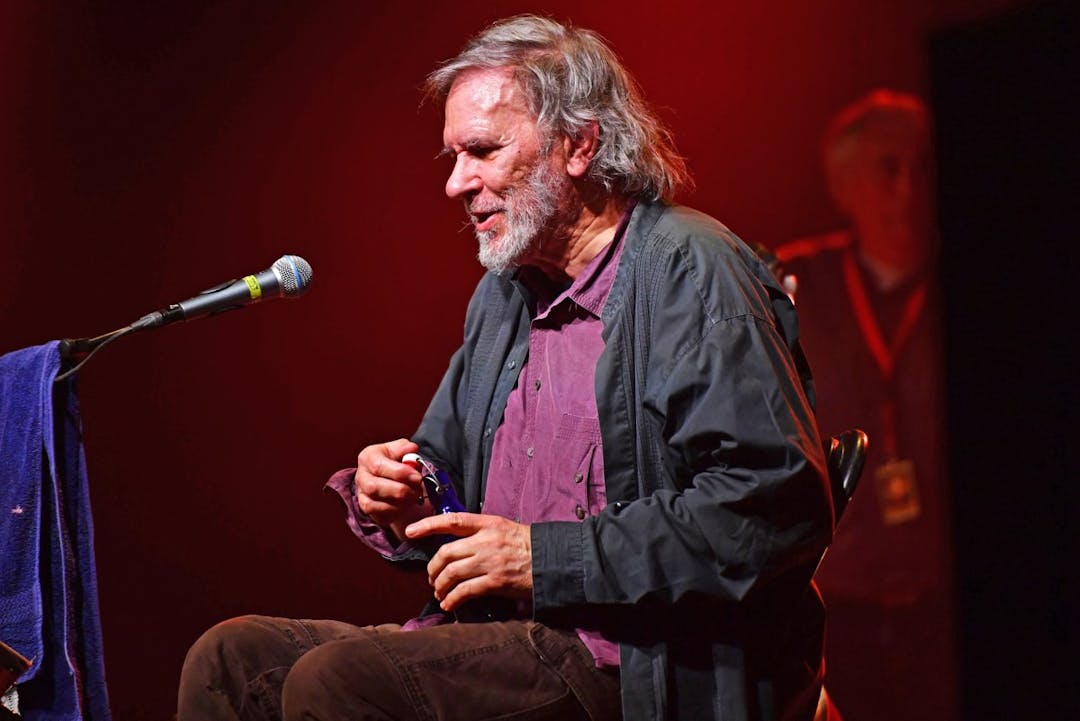
RIP: The legendary Tucker Zimmerman has passed away at the age of 84.
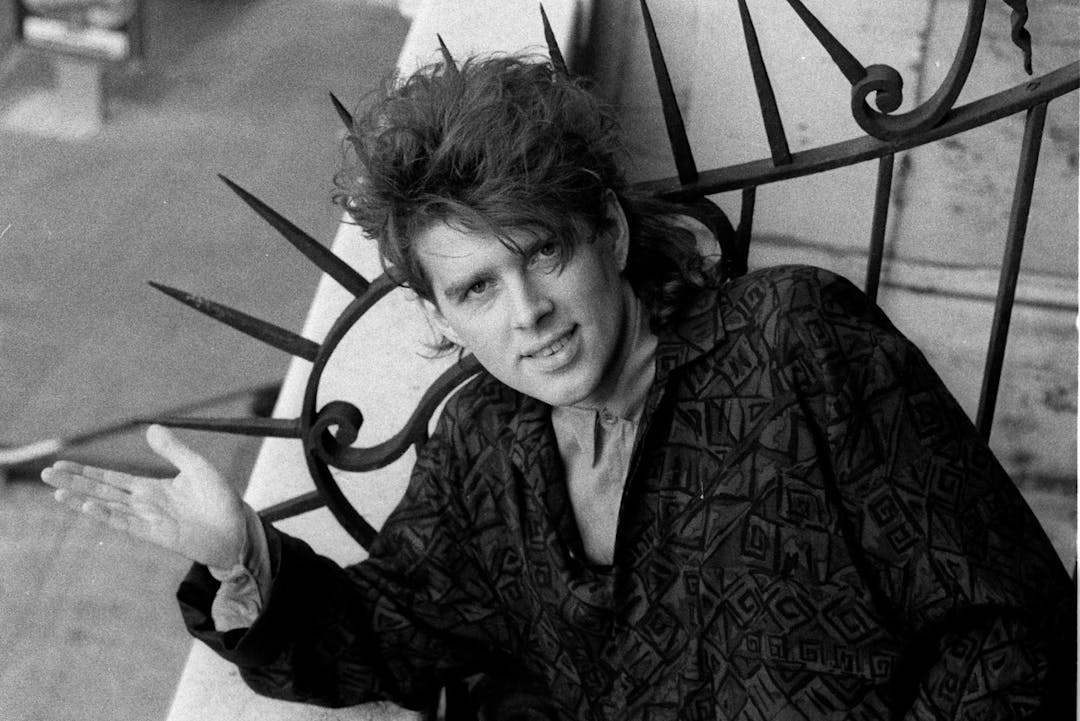
Born on January 18: Tom Bailey (Thompson Twins) always calls his "Doctor! Doctor!"
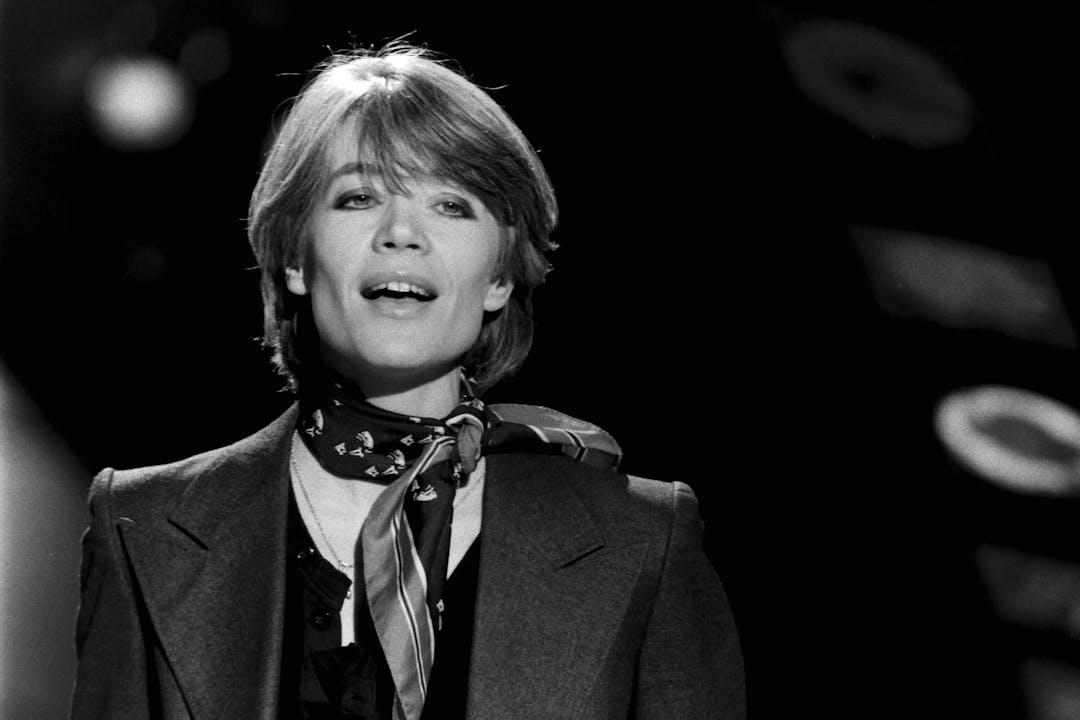
Born on January 17: Françoise Hardy left to find the stars in 2024
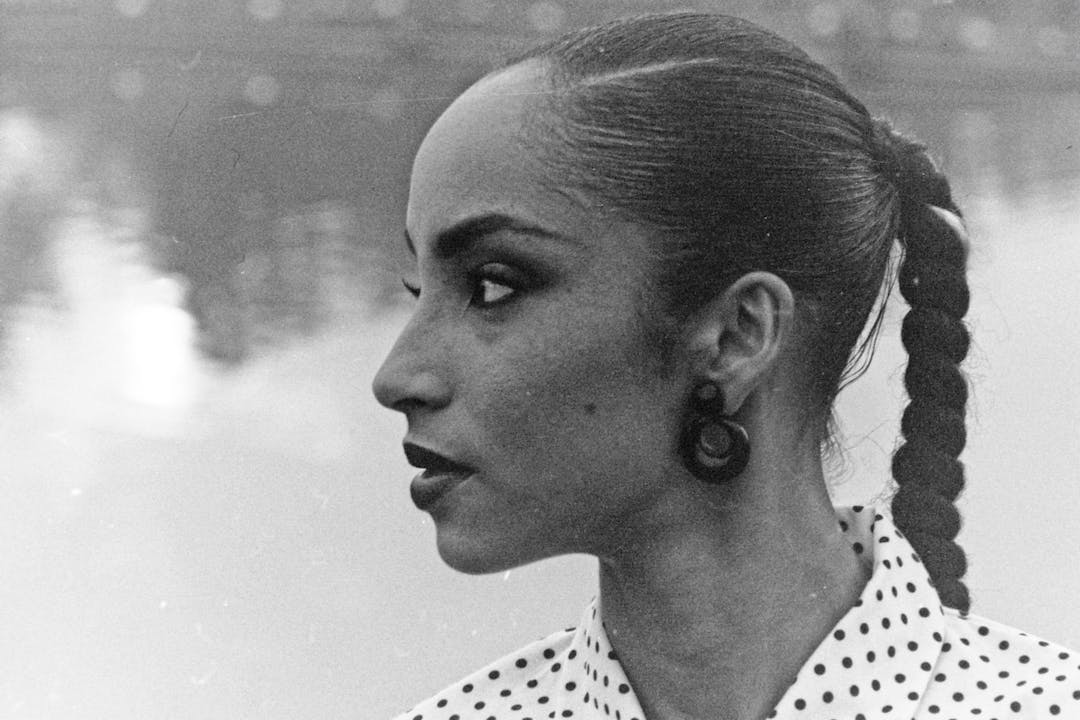
Born on January 16: Sade, the discreet gem of British soul music
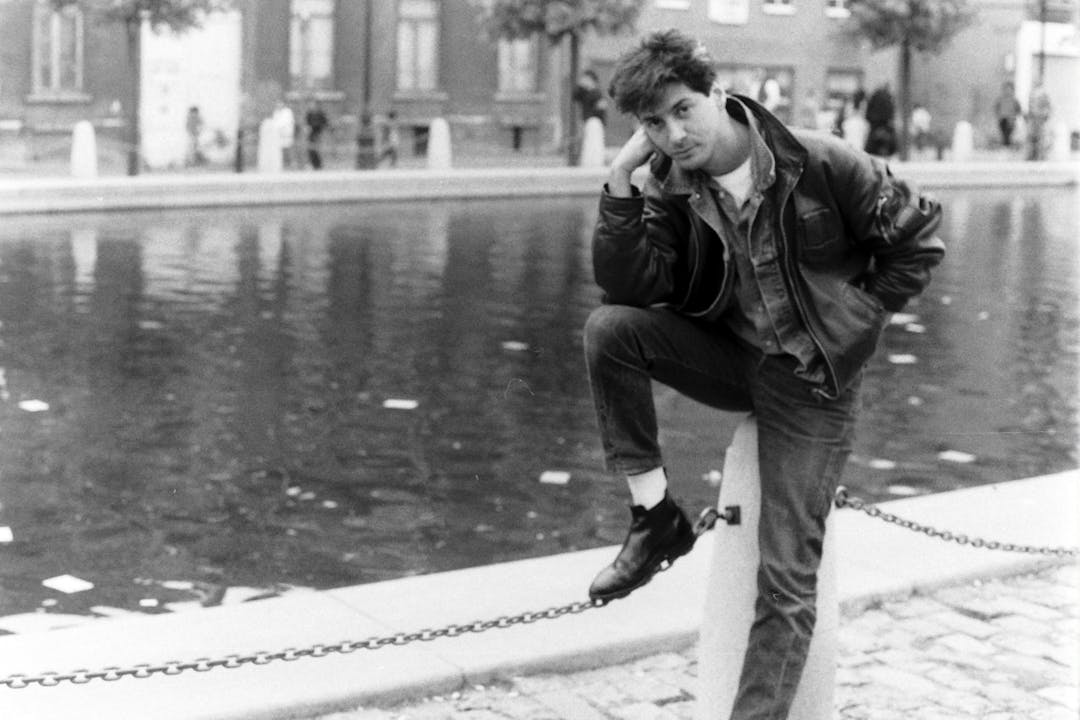
Born on January 14th: Etienne Daho, always full of musical notes...
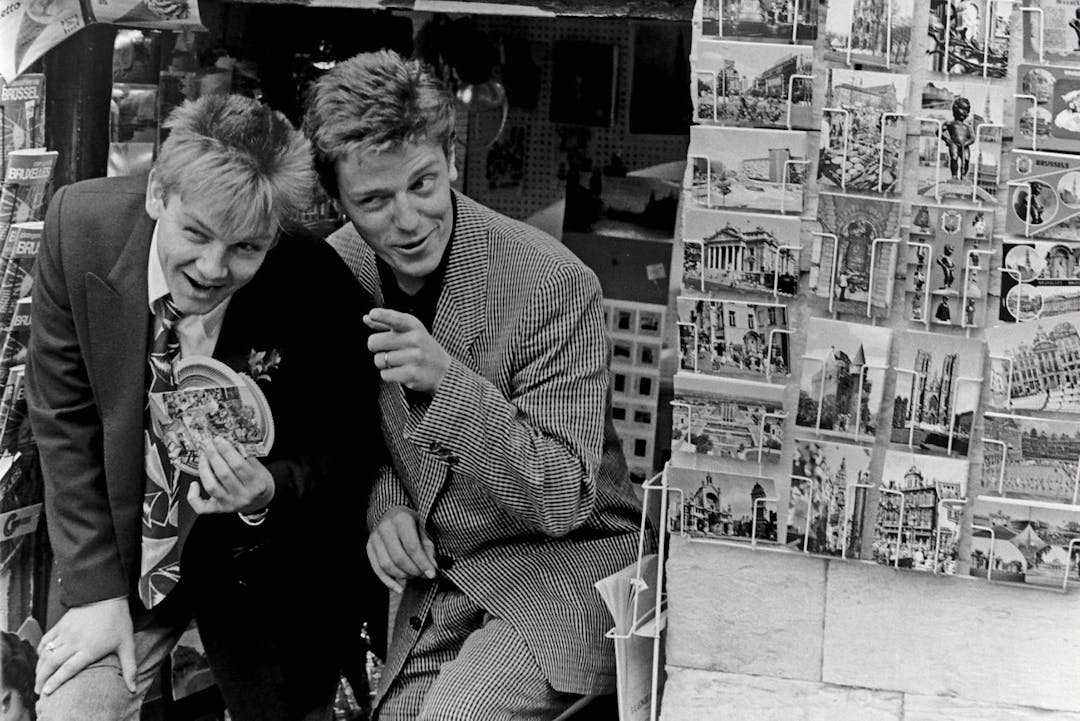
Born on January 13: Suggs (Madness), the sweet English ska madness from the 80s
Quick links